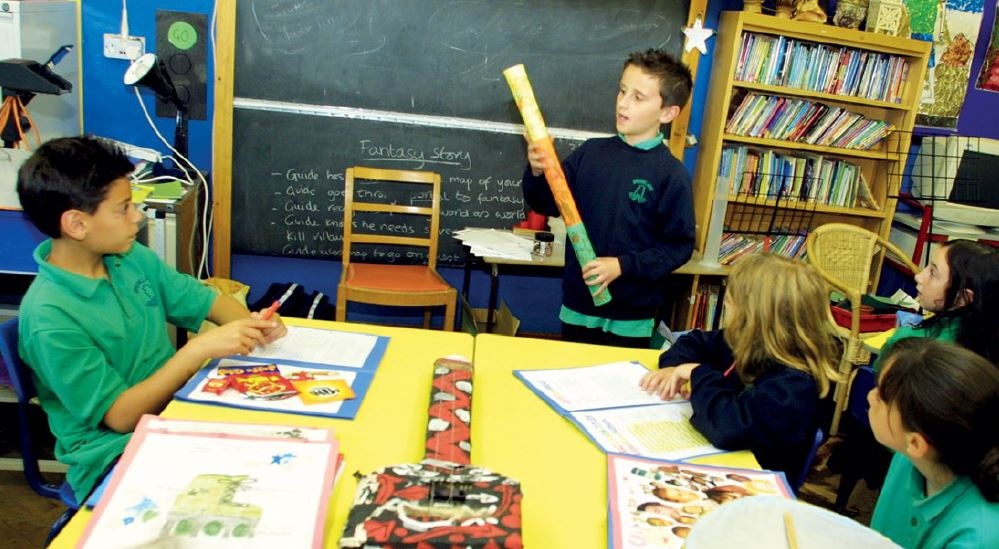
Despite being called William Hulme’s Grammar School, our school is in fact a non-selective inner city academy in Manchester for three to 18-year-olds. A third of the students are eligible for free school meals and many students belong to families which can be classed as the ‘working poor’, often meaning that parents have limited time and money to spend on their children. As a consequence, opportunities to become involved in learning outside of the classroom can be limited for many.
William Hulme’s Grammar School is a highly aspirational, oversubscribed and
successful school which provides outstanding extra-curricular opportunities for
all students, although many of the more ambitious come at a price.
Even though we work hard to ensure that all of our students make above- average progress and achieve well at GCSE, it sometimes feels that in doing so, we are in danger of sacrificing curiosity and creativity. These skills are increasingly important in an uncertain future and are often conspicuously lacking in the sixth form. As E.M. Forster sagely pointed out: ‘Spoon feeding in the long run teaches us nothing but the shape of the spoon.’
Morally and academically, we felt the need to change in order to prepare our
students for the future.
What I wanted to achieve by introducing project-based learning:
1. Engage students and teachers in a rigorous, extended process of enquiry focused on complex, authentic questions and problems whilst demonstrating in-depth understanding of academic knowledge and learning skills.